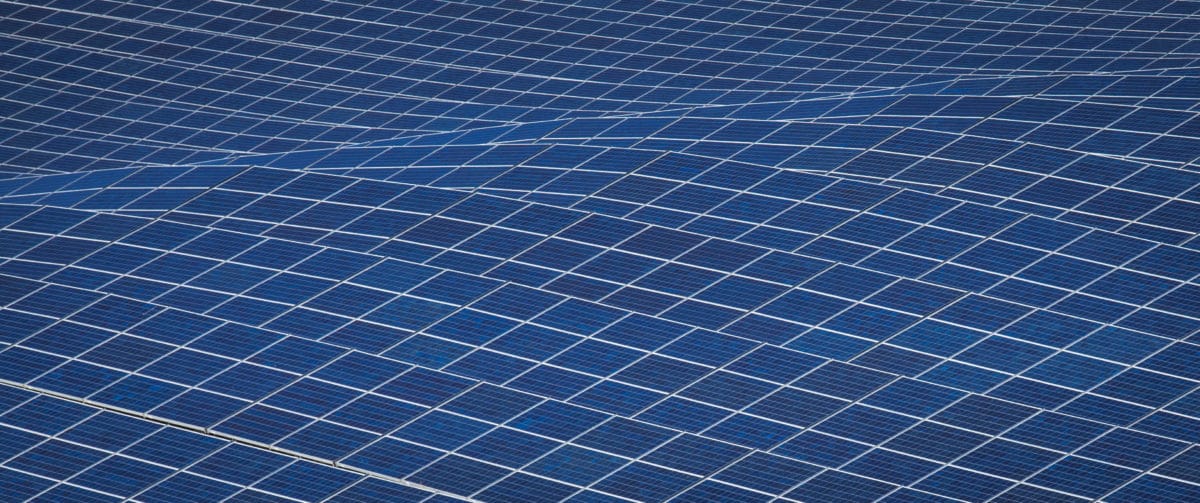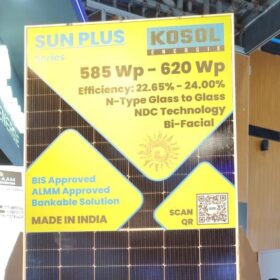SJVN has invited bids to develop 1.2 GW of solar power projects on a build-own-operate basis. The projects can be located anywhere in India and must connect to the interstate transmission system. SJVN will enter into a power purchase agreement (PPA) with the successful bidders for purchase of power for a period of 25 years.
Power procured by SJVN from these projects has been provisioned to be sold to the different buying entities of India.
A developer can bid for project capacities from 50 MW to 600 MW, in multiple of 10 MW. However, for projects located in North-Eastern States and special category, the bidder can offer a minimum project capacity of 30 MW.
“Solar projects already under construction or yet to be commissioned or commissioned but selling solar power on short-term merchant basis may also be considered for the selection under this tender subject to the condition that these projects have not been accepted under any State or Central Scheme and also do not have obligation to sell the power to any beneficiaries,” reads the tender document.
This content is protected by copyright and may not be reused. If you want to cooperate with us and would like to reuse some of our content, please contact: editors@pv-magazine.com.









4 comments
By submitting this form you agree to pv magazine using your data for the purposes of publishing your comment.
Your personal data will only be disclosed or otherwise transmitted to third parties for the purposes of spam filtering or if this is necessary for technical maintenance of the website. Any other transfer to third parties will not take place unless this is justified on the basis of applicable data protection regulations or if pv magazine is legally obliged to do so.
You may revoke this consent at any time with effect for the future, in which case your personal data will be deleted immediately. Otherwise, your data will be deleted if pv magazine has processed your request or the purpose of data storage is fulfilled.
Further information on data privacy can be found in our Data Protection Policy.